Introduction
Advocate Partap Singh is a member of the Bar Council of India and managing trustee of IIULER, Goa. He has acted as the Chairman of the Bar Council of Punjab and Haryana, and also served as the Additional Advocate General of Haryana. He is credited with pioneering in establishing India International University of Legal Education and Research, ‘IIULER, Goa’, second university by the Bar Council of India. In 2019, his contributions led to the High Court Collegium recommending him as a Judge of the High Court of Punjab and Haryana.
1. Please walk us through the pivotal moments in your legal career that shaped your path.
Certainly, my legal career began in the rural landscapes of Haryana, where despite limited resources, I managed to secure a seat at the Kurukshetra University, whereas a young student leader, I was elected as the President of Kurukshetra University Student Union.
I joined the office of Senior Advocate Hawa Singh Hooda, a revered figure in the legal realm. Under his mentorship, I delved deep into the complexities of the legal universe, handling major cases.
In my early days of practice, I was entrusted with the role of standing counsel for major board corporations under Advocate General H.S. Hooda’s guidance. This phase was more than just legal representation, it was a transformative period of evolution, where I honed my skills and built a foundation for the legal luminary I aspired to be.
Later, I was elected as Member of Bar Council of Punjab and Haryana. I took on the responsibility of representing legal professionals, advocating for their rights, and striving for improvements in the legal framework. Progressing through the ranks, I got elected unanimously as the Chairman of Bar Council of Punjab and Haryana, a role that not only bestowed honour, but also entrusted me with the duty of safeguarding values and aspirations of the legal community.
Later, I was elected unopposed as Member, Bar Council of India in 2019. In the same year, in 2019, I received the recommendation for the esteemed position, from the High Court of Punjab and Haryana collegium to be elevated as a High Court Judge, and it felt like the universe was acknowledging my hard work for the legal fraternity. However, the wheels of bureaucracy and the layers of considerations in such appointments mean that sometimes, things take time. I believe that to be even considered for the role of a High Court Judge is no small feat. It is a testament to the trust and confidence that peers, seniors, and the legal system at large, place in an individual’s capability. The role demands not just legal acumen but also an innate sense of justice, empathy, and an unwavering moral compass. While the recommendation is under consideration, I have never been one to dwell solely on titles or positions. The journey in the legal realm, with its ups and downs, has been its own reward.
As I reflect, I am not just proud of my own accomplishments, but also of the legacy I am passing on to the future torchbearers of law, instilling in them the values of determination, unwavering commitment to justice, and an unyielding moral compass.
2. In your career, what were some of the challenges you encountered, and how did you overcome them?
Each challenge faced in the journey of being a Standing Counsel was deeply personal, questioning convictions and testing resolve. Balancing dual responsibilities, navigating the intersection of politics and law, weathering bar politics, breaking socio-economic barriers, and embracing diverse roots were all emotional trials. The challenges were not just legal but deeply tied to personal experiences, reminding the counsel of their origins and the people they represented. Despite the struggles, each challenge became an emotional journey, guiding and reminding the counsel of the heartfelt reasons behind their legal pursuits.
3. Please tell us more about your role at IIULER, Goa. How did the idea to start the institution come up?
As the managing trustee of IIULER in Goa, I was deeply inspired by the transformative journey of NLSIU in reshaping legal education in India. The idea for IIULER borrowed roots from NLSIU’s success, while discussions among peers and the Chairman of the Bar Council of India affirmed the need for another leap for legal education in India. The COVID-19 lockdown provided us with a unique pause, during which, we brainstormed and strategized, envisioning IIULER as India’s first International Law University.
Challenges arose, especially in drawing international academicians and students to our mission. Selecting the right location was crucial, and while places like Chandigarh and Shimla were considered, fate led us to Goa. The Government of Goa graciously offered us land, addressing our location concerns and emphasising the collective commitment to our vision. Goa, with its rich culture and picturesque landscapes, became the perfect backdrop for our international aspirations.
Today, I see myself as a parent nurturing a cherished dream. IIULER is not just an institution; it is a dream shared by the Bar Council of India and me. With hope and pride, I believe IIULER will establish its legacy, shaping future legal experts and making meaningful contributions to the global legal landscape. Our mission remains steadfast: to create a world-class institution that influences legal academia and practice in India and beyond.
4. Being recommended for elevation as a High Court Judge is a significant recognition. Can you share with us your experience and any takeaways from it?
The recommendation for elevation to a High Court Judge’s position marked a significant achievement in my legal career, considering my humble beginnings from a peasantry and cattle breeding class. The overwhelming recognition from the Chief Justice of the Punjab and Haryana High Court and the Collegium members was a testament to my dedication and the support of colleagues and friends. However, the journey post-nomination was challenging, marked by negative campaigns and baseless allegations. Despite these obstacles, my file underwent a year-long deliberation by the Supreme Court Collegium, resulting in a decision to reconsider my elevation, which is till date pending to be decided by the Collegium. The lack of detailed explanations led to various speculations, from political pressures to biases based on my background. Although my case remains unresolved after four years, I have found clarity and peace, redirecting my energy back into my legal practice with a renewed passion for justice and advocacy. Regardless of the outcome, I am prepared to face the future with hope, grace, and unwavering determination.
5. Fifth question: It would be great to hear about the experience during your time as the Additional Advocate General of Haryana?
In my role as the Additional Advocate General (AAG) of Haryana at the High Court of Punjab and Haryana, I handled significant cases with societal implications. Land acquisition cases, particularly involving compensation for farmers in industrial zones, highlighted the balance between development and agrarian rights. Addressing environmental concerns, such as constructing waste treatment plants, set precedents for sustainable development. Additionally, representing the state in infrastructure projects, like major expressways, involved intricate legalities, offering insights into upholding the law while serving diverse societal interests. These cases were not just legal challenges but also ethical lessons in governance and societal responsibility.
6. During your tenure as a Member of the Bar Council of India and Chairman of the Bar Council of Punjab and Haryana, what initiatives or reforms did you prioritise?
During my tenure as the Chairman of the Bar Council of Punjab and Haryana, I implemented significant reforms to enhance the legal landscape. Notable achievements included synchronising Bar Association Elections across regions, preventing double voting and reducing costs. I also introduced regulations barring advocates not registered with the State Bar Councils from contesting elections. I advocated the Advocate Welfare Fund Act and secured special plot reservations in collaboration with Haryana Urban Development Authority, Government of Haryana.
I organised an international conference on legal reforms, fostering a platform for future changes. A hallmark of my leadership was the harmonious mediation with bar and the public, leading to a strike-free period, a rarity in today’s legal climate. In 2019, I was elected unopposed as a member of the Bar Council of India, representing Punjab, Haryana, and Chandigarh. My focus shifted to advancing legal education, initiating electronic reforms, and supporting lawyers during the pandemic. I dedicated efforts to maintain high legal standards in universities nationwide. My vision has consistently aimed at elevating legal practices for the benefit of the legal community and society as a whole.
7. How would you articulate your personal philosophy towards criminal law?
In my extensive career as a criminal lawyer, I adhere to three fundamental principles: the presumption of innocence, the unwavering pursuit of truth, and utmost respect for individual rights. I approach every case without prejudice, upholding the belief that everyone is innocent until proven guilty. My dedication lies not only in representing my clients but also in preserving the integrity of the justice system. Through meticulous research and preparation, I ensure the truth prevails by examining every piece of evidence and precedent. Additionally, I staunchly defend the fundamental rights of individuals, providing fair representation and humane treatment despite opposition or societal pressure. I advocate for rehabilitation over retribution, emphasising the importance of understanding and addressing the root causes of crime. My philosophy centers on ensuring justice, truth, and the dignity of every individual, aiming to maintain the balance on the scales of justice as a custodian of the law.
8. In your perspective, what attributes are essential for an effective criminal advocate?
A criminal advocate’s role necessitates a diverse skill set grounded in courtroom experience and a profound understanding of the law. Fundamental to this role is hands-on experience in trial courts, where advocates learn the intricacies of criminal procedures. Mastery of courtroom etiquette, encompassing attire and speech, is pivotal as it influences perceptions and commands respect. Consistency, persistence, and a diligent work ethic are indispensable, requiring daily reading and familiarity with landmark judgments. Additionally, stability in one’s professional address is crucial to maintain client trust during lengthy cases. Continuous learning is paramount in the ever-evolving field of criminal law. Overall, the profession demands unwavering dedication, growth, and meticulous attention to detail.
9. Please discuss the importance of legal research in criminal law. At what point does research get exhausted?
Legal research in criminal law is crucial for effective advocacy, serving as a guiding beacon by providing direction through statutes, case law, and procedural rules. It involves comparative analysis, allowing advocates to draw parallels with similar cases and adapt strategies accordingly, sometimes finding innovative angles from unrelated cases. Legal research ensures continual evolution in line with changing societal norms, keeping arguments current and potent. Empowering advocates, it instills confidence and signals thorough preparation, although it must be complemented by tailored legal strategy for practical application. While legal research may seem exhaustive, the infinite nature of legal understanding and the dynamic nature of law necessitate ongoing learning and research, highlighting the relentless pursuit of knowledge and strategic insight in criminal law advocacy.


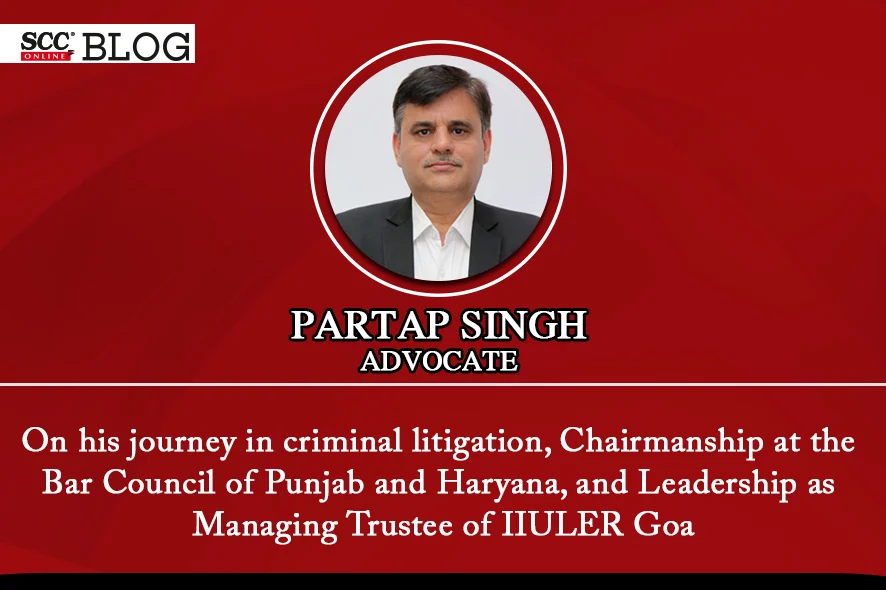
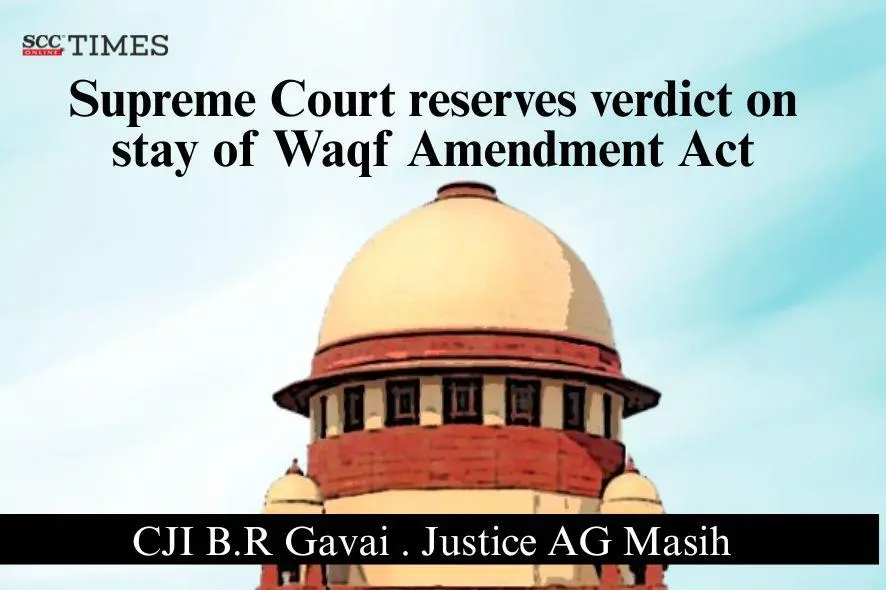
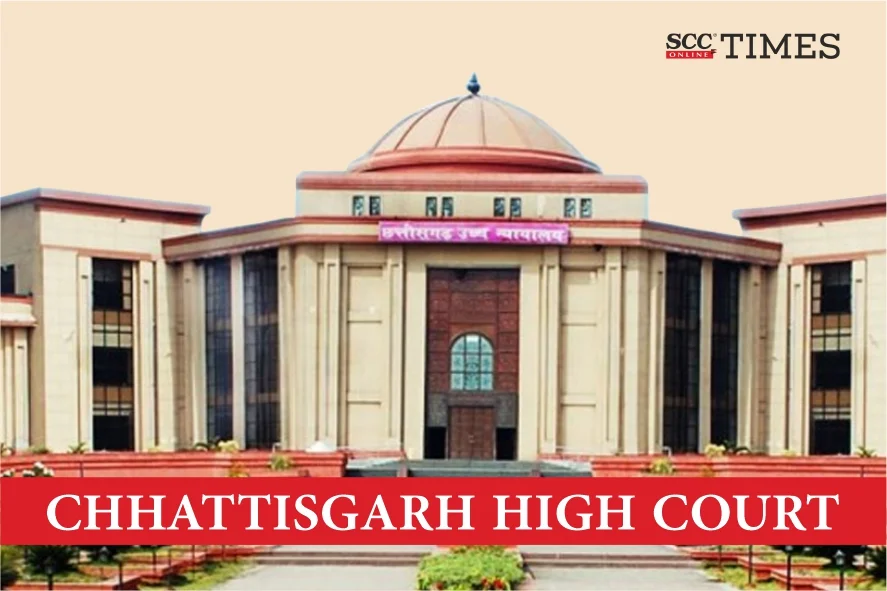

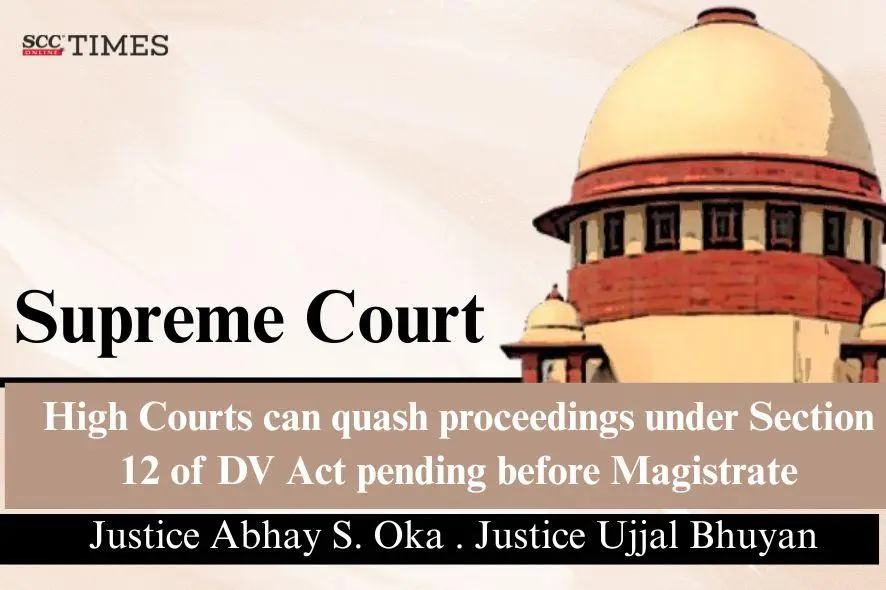
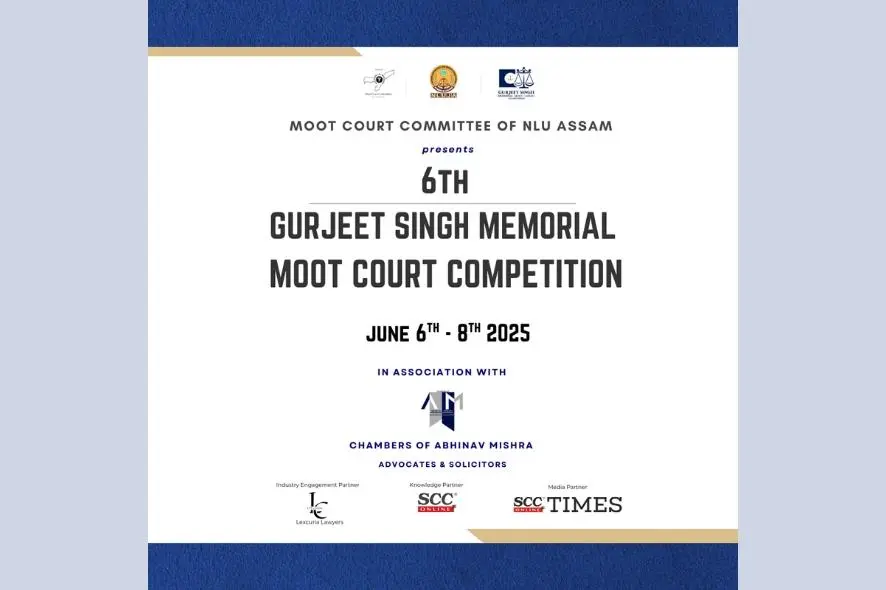





I am very proud of Pratap sir who has risen from a small village and worked so hard to reach this position and I will pray to God that he achieves more success in his life.